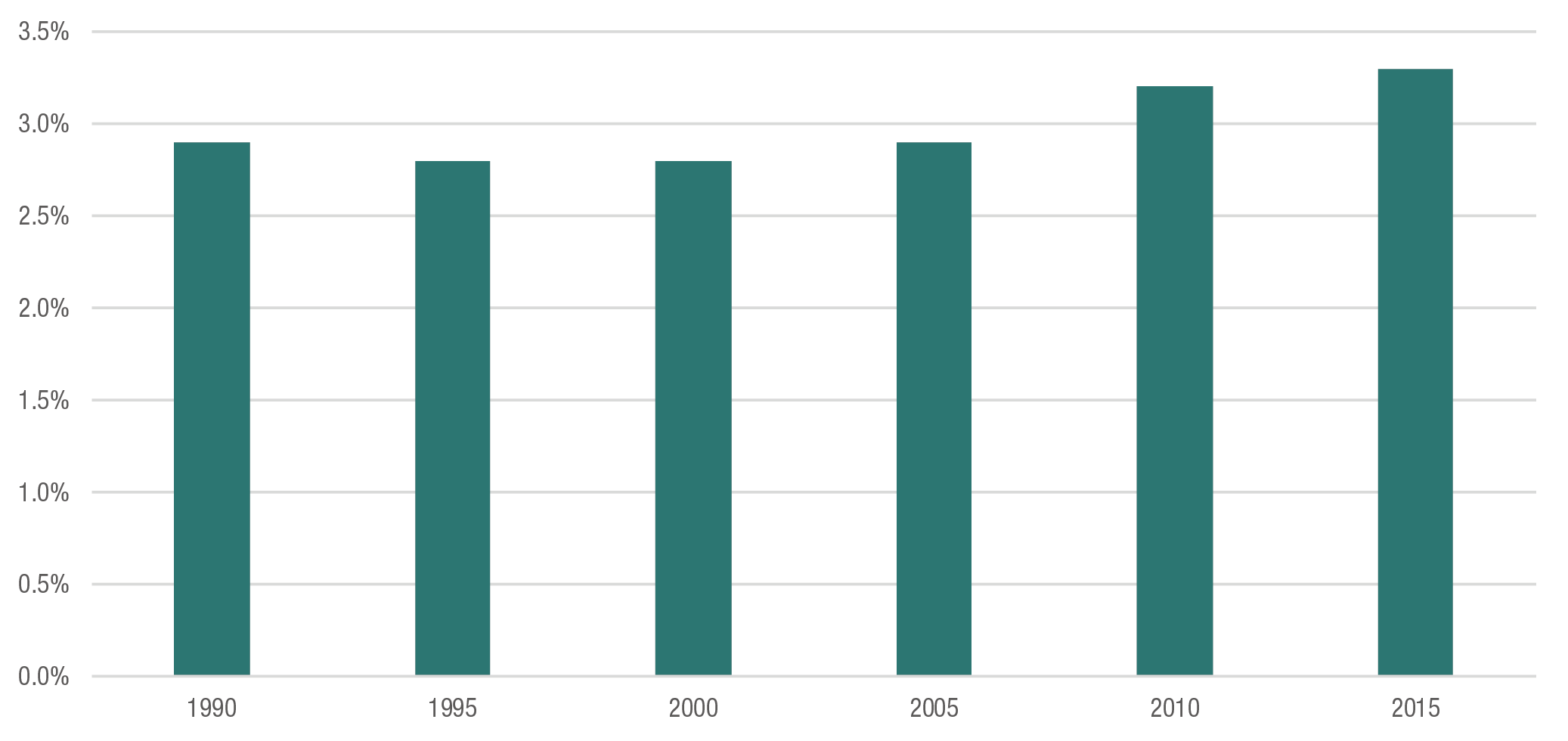2016 was yet another difficult year for global migration. As European countries failed to address the 2015 refugee ‘crisis’, we saw a record number of deaths in the Mediterranean, mostly migrants and refugees from Africa. Concerns about immigration were central to the Brexit vote in the UK and to Trump’s victory in the US. Liberal voices have struggled to find an alternative, measured and rational approach to address people’s concerns about immigration.
But 2016 was also the year that finally put migration and displacement on the global political agenda. September’s UN Summit on Refugees and Migrants may have failed to deliver solutions, but there is little doubt that migration is now on every politician’s agenda. It is also a priority for a growing number of business leaders and entrepreneurs who are concerned about restrictive policies. Key public figures have finally begun to engage in the debate, from mayors of major cities to rock stars and more.
Against this background, 2017 is a year of opportunity and innovation. We have the opportunity to move away from a polarised debate on whether migration is a good or a bad thing (which the populist right in Europe and beyond is currently dominating) and address instead the reality of human mobility. People have always moved, and will likely continue to move. What we are seeing now is normal.
International migrants as a percentage of the global population
Source: UNDESA, 2015
So how can we move the debate on? What should our priorities be, not just for us at ODI but for policy makers, academics, and practitioners the world over? How can we address the reality of migration, recognise that it is normal, and make it work for the economic and social benefit of all?
1. We need a different language.
Facts, data and expert analysis will continue to have their place, but the Brexit and Trump campaigns have demonstrated that values, culture and personal experiences massively influence public opinion.
We can’t make a positive case for migration using growth and employment figures alone. We also need to replace scaremongering with normality and empathy, and a healthy dose of pragmatism on how human movement can be managed and regulated for everyone’s benefit.
The good news is that a growing number of people and organisations are active in this new conversation, from expert lawyers to businesses, campaigners and media activists.
2. We need to talk about jobs.
Not just the jobs that drive migrants’ and refugees’ journeys and decisions and the jobs that countries with ageing populations need to fill, but also the jobs and wages that many fear will be 'stolen' by refugees and migrants.
This too cannot be done using general employment figures alone. It needs an understanding of the different political and economic realities of transit and host countries, and of the specific needs, rules and realities of different employment markets.
The evidence is clear that migration can bring economic and social opportunities to many, but what kinds of benefits, for whom, over what period and at what cost all depends on the context. Even within Europe, the economic opportunities and needs of Germany, Italy and Greece vary widely and affect the extent to which integration is possible.
3. We need to clarify that ‘legal pathways’ do not equal free movement or open borders.
Restricting legal migration and increasing border control is not only ineffective and expensive, but is also likely to increase the number of people moving through dangerous irregular or illegal means. This makes it very hard for governments to monitor and control immigration. Increasing legal pathways is therefore a pragmatic choice for governments to monitor and more effectively manage flows of refugees and migrants.
In 2017, we must avoid wasting more time and money on measures that are not likely to work and concentrate instead on the many practical ways in which legal migration can be facilitated and supported. We already have good examples around the world – from humanitarian visas, to work permits for refugees in Jordan and Ethiopia, to temporary/seasonal guest workers in the US, and private sponsorship schemes in Canada and beyond. We need to invest in understanding how these solutions work, what and who are the key drivers, who benefits and how.
4. We need a comprehensive approach to human mobility.
Labels such as ‘refugees’ or ‘economic migrants’ can be unhelpful and they fail to recognise the realities, capacities and vulnerabilities of all people on the move. In light of the political challenges around migration it would be a mistake to solely focus on urgent humanitarian issues. Instead we need a comprehensive approach, from economic migration to forced displacement and all types of human mobility in between.
We must continue to engage with the broader realities and the fundamental normality of the fact that people move for different reasons. Some will need more urgent protection, but all deserve job opportunities, education for their children, and the chance to make a contribution to the communities they live in.
Yes we are living in difficult times, but they are not times of ‘crisis’. In 2017, lets recognise that moving is normal: it cannot be stopped, but it can certainly be managed.

